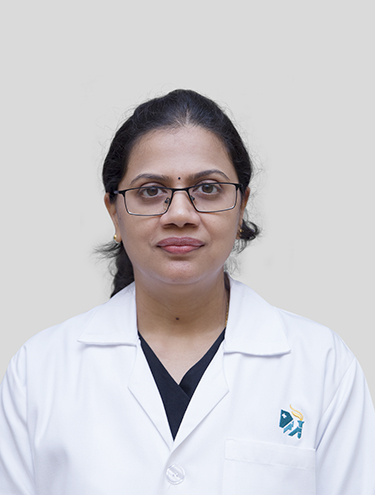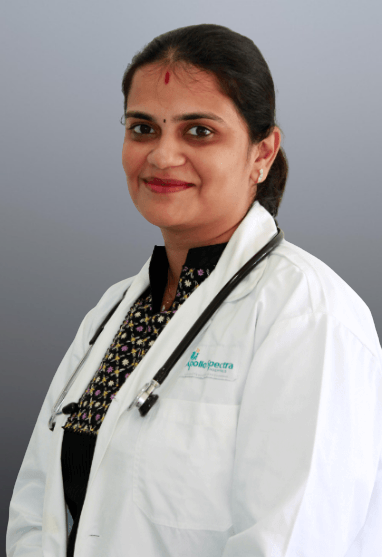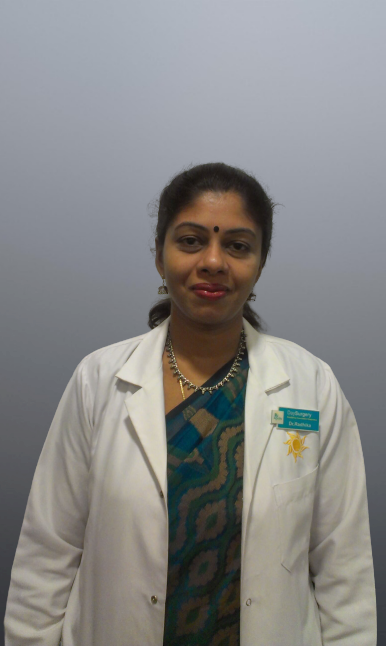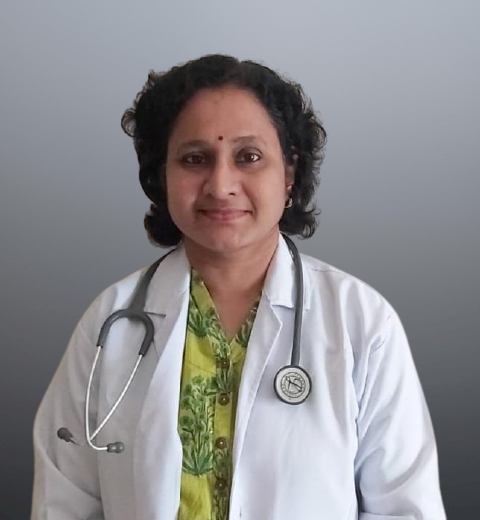Best Doctors for Uterine fibroids in Chennai
Uterine Fibroids or leiomyomas, refer to benign lumps or tumours that develop in the uterus’s muscular wall. Their size can range from small, barely detectable nodules to large masses. They are primarily hormone-driven, meaning increased oestrogen and progesterone levels can lead to their growth. While uterine fibroids are non-cancerous, they may result in unpleasant symptoms such as heavy menstrual bleeding and pelvic pain.
Chennai, often regarded as the health capital of India, witnesses a considerable number of uterine fibroid cases. The good news is that Apollo Hospitals Chennai boasts some of the city’s best doctors for uterine fibroids treatment who provide high-quality medical care for residents.









 Call Now
Call Now








